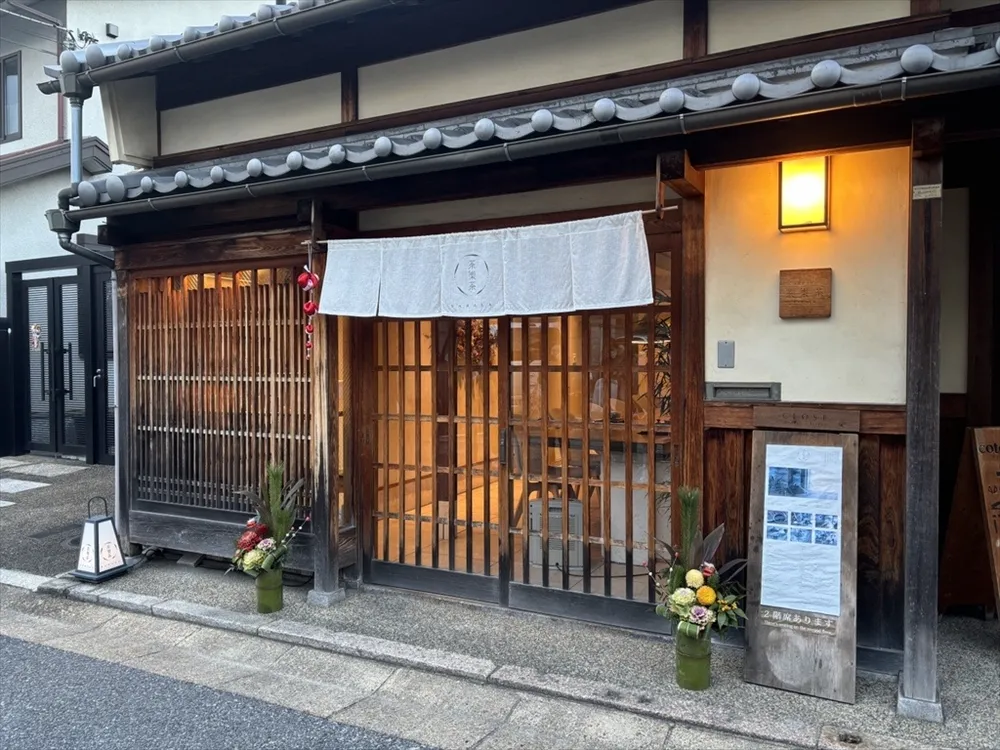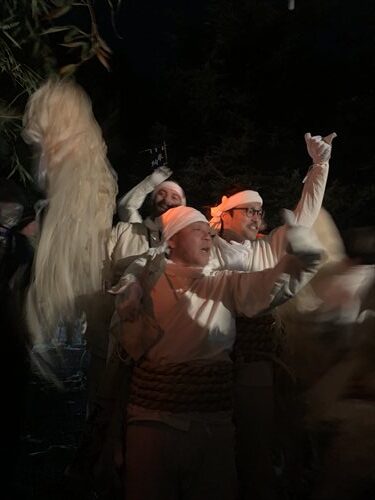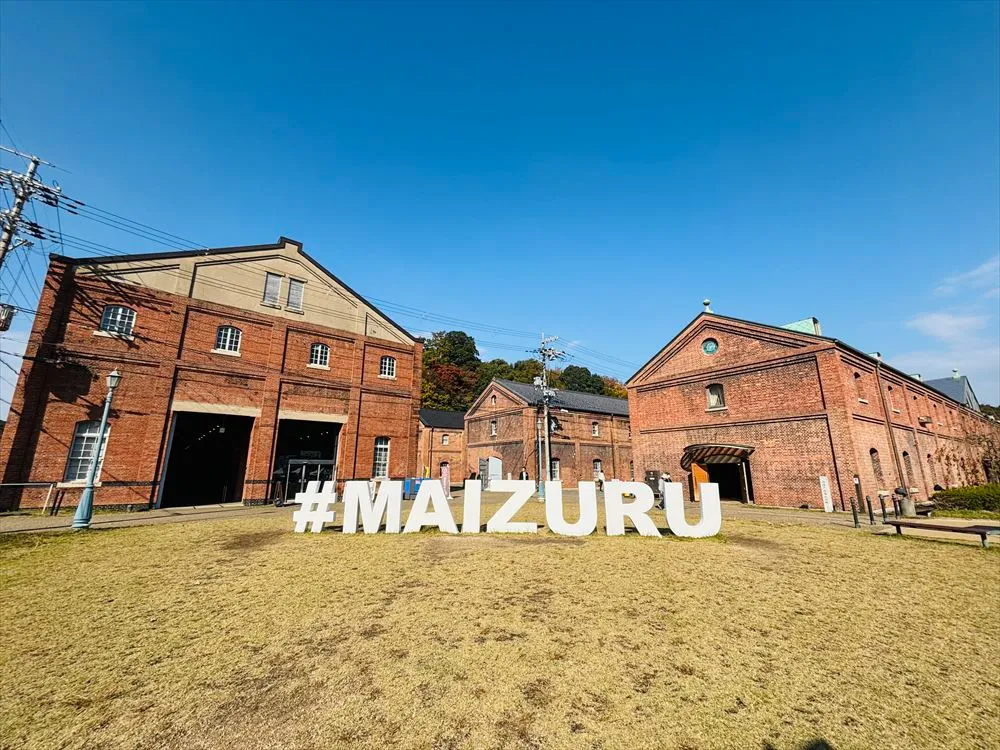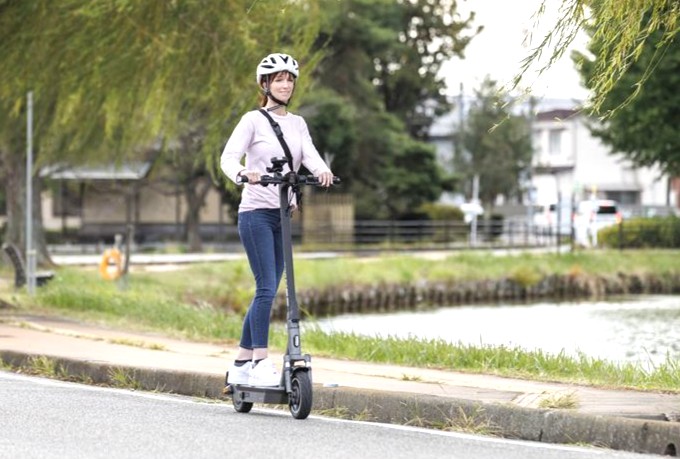Have you ever heard of the Yoshino district? Me neither… At least until last July when I got the chance to visit there. Located in the Southern part of Nara Prefecture, this rural area is nestled between steep mountains covered with pine trees. It features rich nature, hot springs, and magnificence landscapes. Let me tell you more about my experience there!
Delving deeper into Nara pittoresque countryside
Day 1
guest house Apricot
It takes about 1.5 hour by train to reach the Yoshino district from Nara or Osaka. As you approach, you can observe the landscape shifting from dense urban areas to flat areas with rice fields, then finally deep mountains. At my arrival at Shimoichiguchi Station on the Kintetsu Line, I was welcomed by Nami, the owner of the guest house Apricot, one of the three guest houses in Shimoichi Town. After a refreshing stop at the local onsen, we took a 15 min drive to the guest house. It was a pleasure to enjoy a quiet night in the countryside.

Sunset from guest house Apricot
| Address | 551 Hirohashi, Shimoichi, Yoshino District, Nara |
Wa-no-Circle Kirakira
The next morning we went to the public hall to meet the members of Wa-no-Circle Kirakira. This club was started 5 years ago to promote Japanese traditional clothing and foster ties between the members of the community.
Today the club members accepted to dress me up with a yukata (summer kimono) and a hakama (trouser). I really liked the way hakama allows you to move freely. We even did a small tea ceremony. What a wonderful experience!

Goyomatsu Limestone Cave
In the afternoon we went to Tenkawa Village. We started by visiting the Goyomatsu Limestone Cave. Exploring the caves gives you an exciting feeling of adventure. Thanks to the colorful illuminations, it is also a perfect place to take some Instagram shots.

| Address | Nara, Yoshino District, Tenkawa, Dorogawa, 686−139 |
| URL | https://www.vill.tenkawa.nara.jp/tourism/spot/5164/ |
Tenkawa
Next we visited the center of the village. Tenkawa is famous for its hot springs and the main street is lined with ryokan, traditional Japanese inns. At night, the lanterns along the street light up and transports you in a gorgeous setting similar to Hayao Miyazaki animation movie “Spirited Away”. After soaking in one of the public onsen, we headed back to the guest house for a good night sleep.
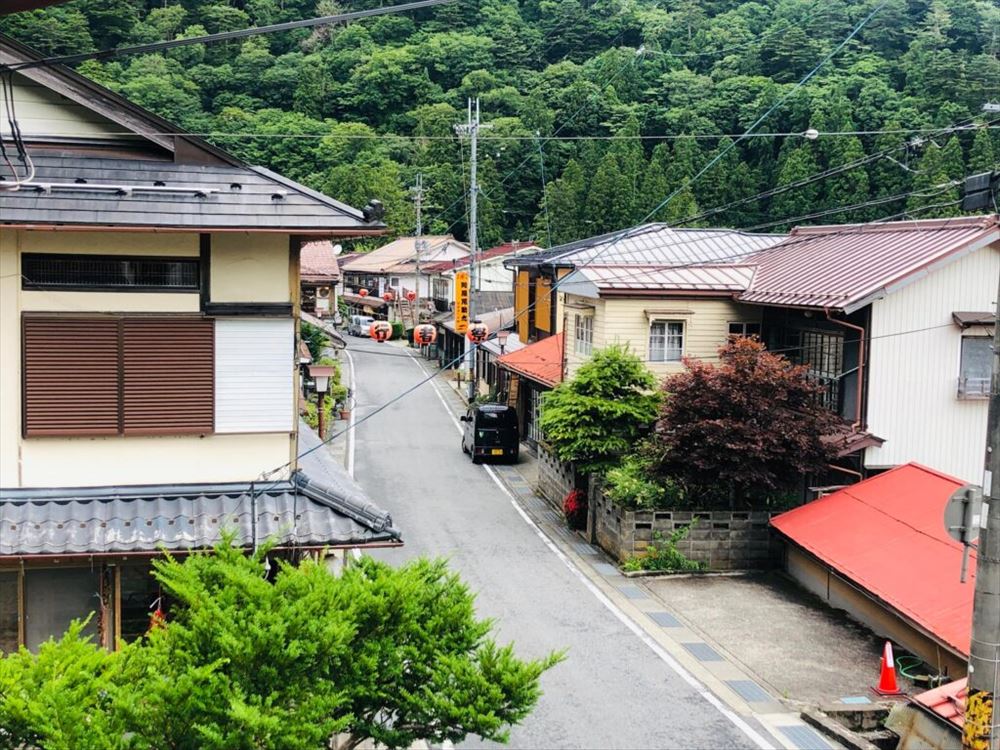
| URL | https://www.vill.tenkawa.nara.jp/tourism/ |
waribashi (disposable chopsticks) factory Kobo Kien
The final day started with a visit to Kobo Kien, a waribashi (disposable chopsticks) factory. Yoshino is famous for its top quality cedar trees. The center wood is used for building materials while the outer wood is used for manufacturing chopsticks. Also, the chopsticks are dried naturally without using any chemicals. A local product good for nature and people!
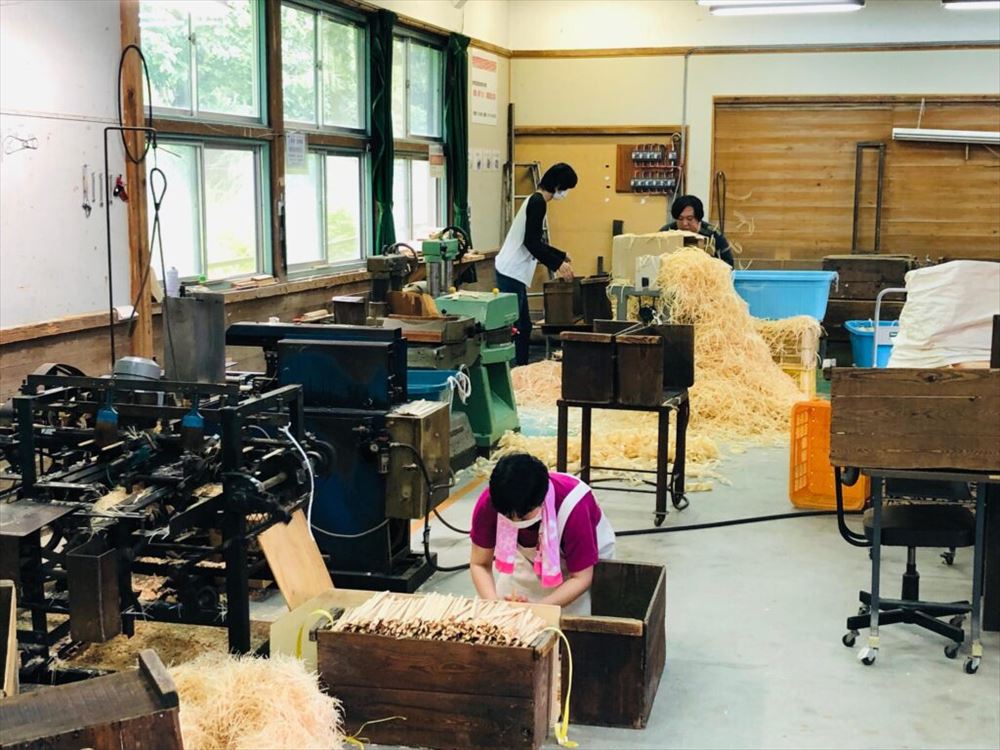
| Address | Yomura, Shimoichi, Yoshino District, Nara |
Kimpusen-ji Temple on Mount Yoshino
After the waribashi factory, we headed to Mount Yoshino, which someone says is known as the most beautiful mountain in Japan during cherry blossom season thanks to thousands of sakura trees. Mount Yoshino also hosts the Kimpusen-ji, head temple of a branch of the Shugendo, the religion of Japanese mountain ascetic hermits. The main building “Zaodo” is one of the largest wooden structures in Japan. It hosts impressive Buddhist statues. The whole place invites you to contemplation and meditation.

| Address | 2498 Yoshinoyama, Yoshino, Yoshino District, Nara |
| URL | http://www.kinpusen.or.jp/english/ |
You may also like this:
Nakai Shunpudo
After fulfilling our souls, time to fulfill our stomachs! Kudzu confectioneries made from arrowroot starch are a must-try. If you book at Nakai Shunpudo, you can try kuzukiri, sweet noodles that have an expiration date of only 10 minutes. Truly something unique you can also taste if you go to Mount Yoshino.
Kuzukiri with soy bean powder and black sugar syrup

Tasting kuzukiri while enjoying the view from Mount Yoshino
| Address | 545 Yoshinoyama, Yoshino, Yoshino District, Nara |
| URL | http://nakasyun.com/ |
Fukunishi Washi Honpo
For my final experience during the trip, I visited Fukunishi Washi Honpo, a Japanese paper workshop. Beautifully located along the Yoshino River, the Fukunishi family keeps alive a tradition dating back to the 9th century. If you are not afraid to get your hands wet, you can even give papermaking a try.
Soaking my hands into the water and fiber mixture felt slightly strange but refreshing given the summer heat. Even if it was more difficult than I expected to make even paper sheets, I really enjoyed customizing the paper sheets with small color papers afterwards. Japanese papermaking is really something to try during your stay in Japan! If you wish, you can also purchase different washi papers as a souvenir.

Final step, sorting of the Japanese paper sheets
| Address | 218-1 Kubogaito, Yoshino, Yoshino District, Nara |
| URL | http://fukunishiwashihonpo.com/ |
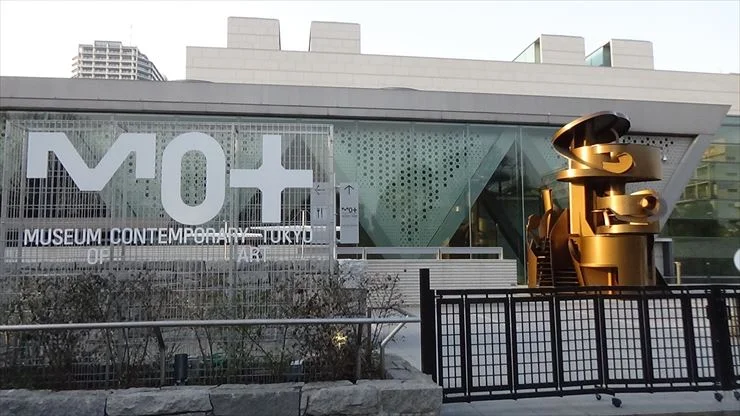
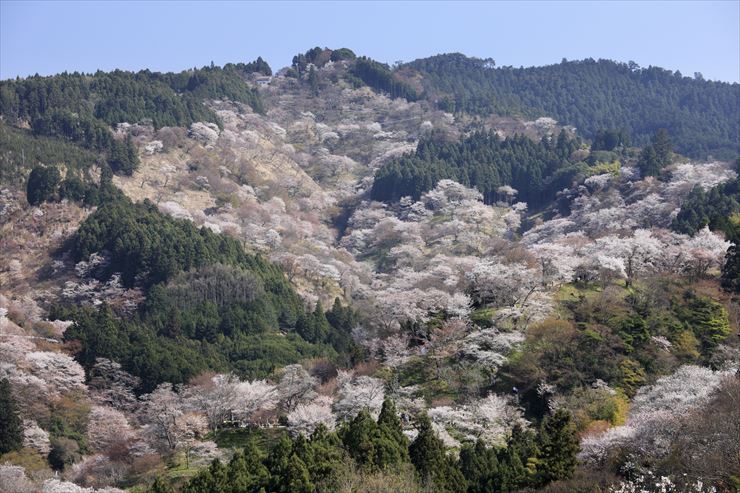

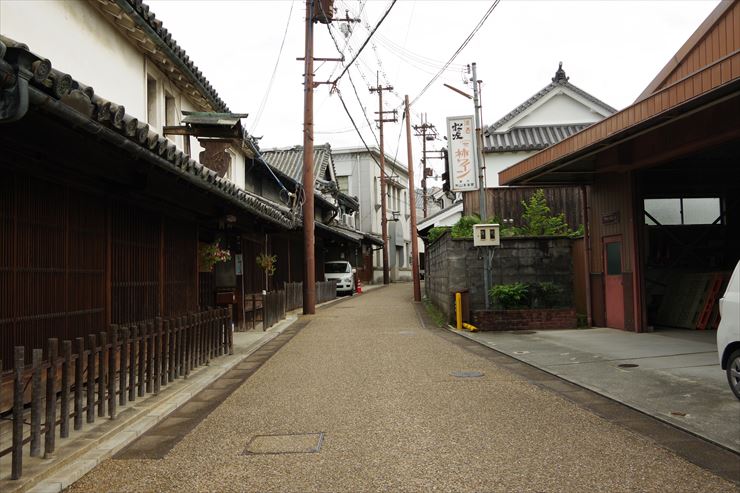
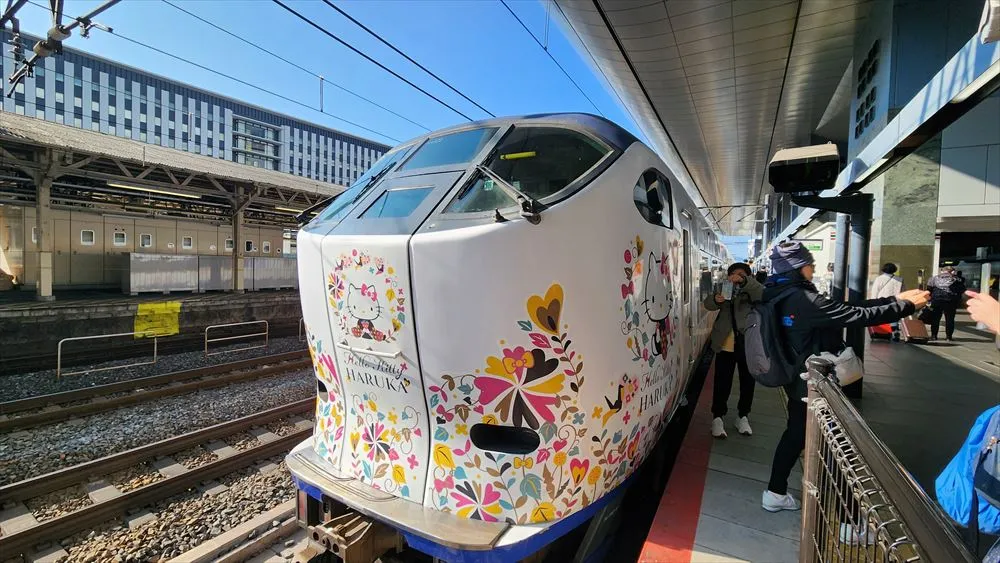
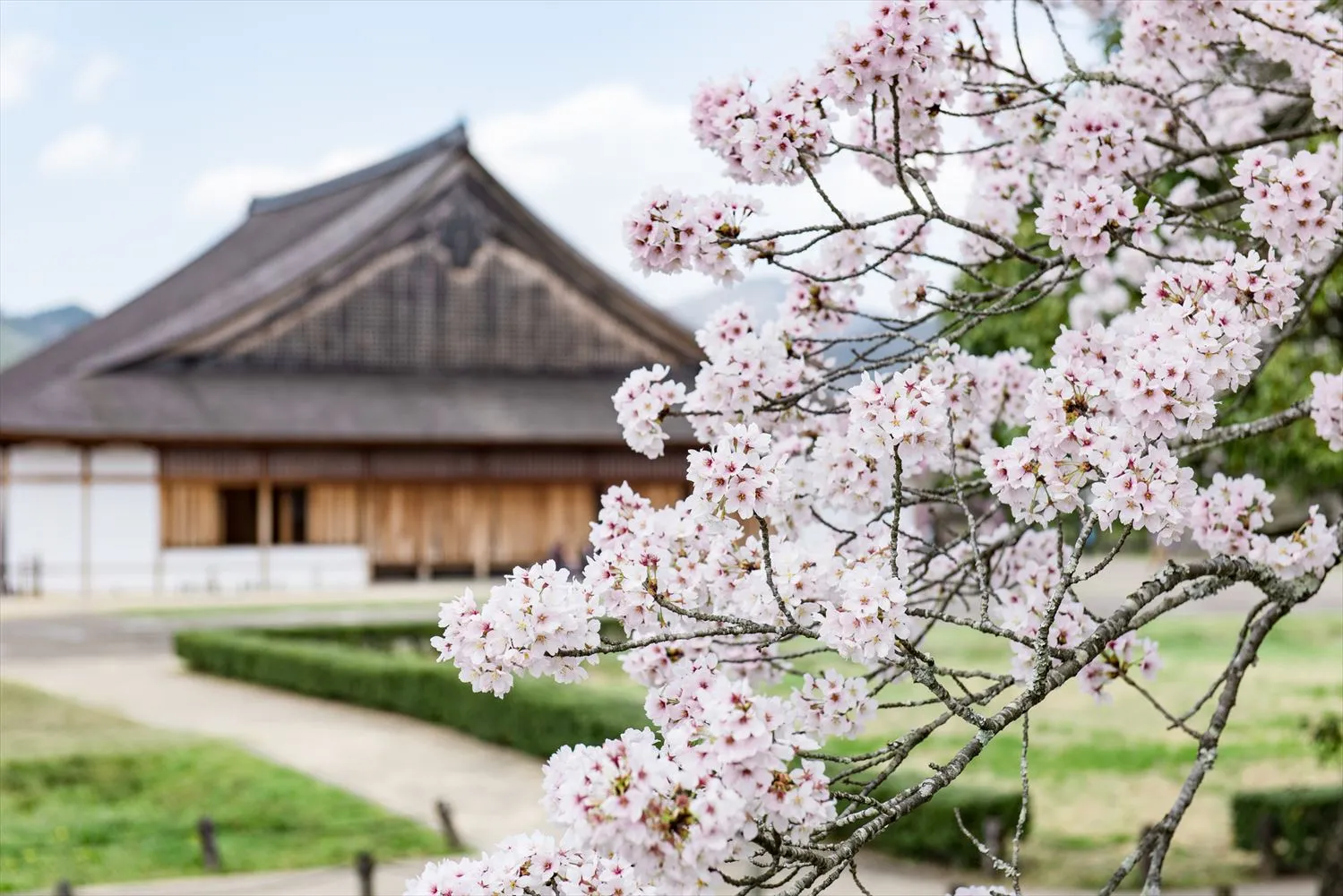
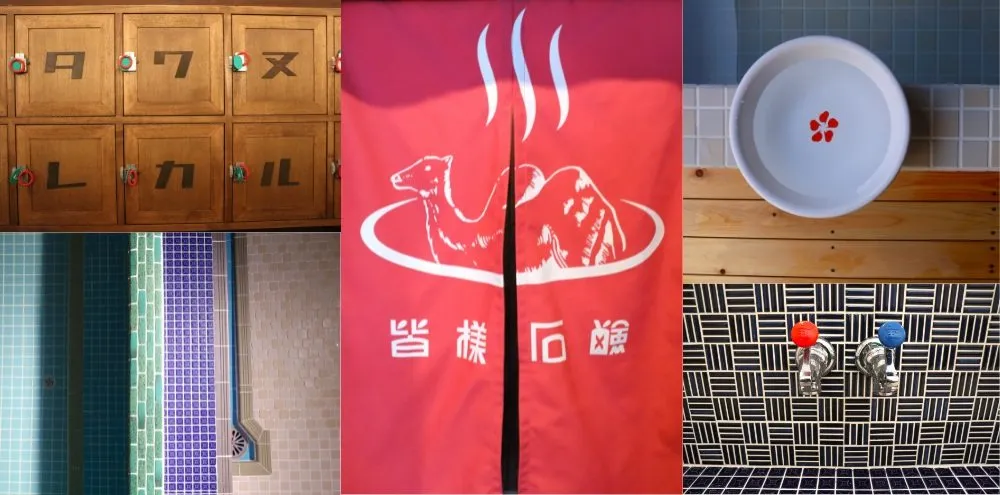

-scaled.jpg)
